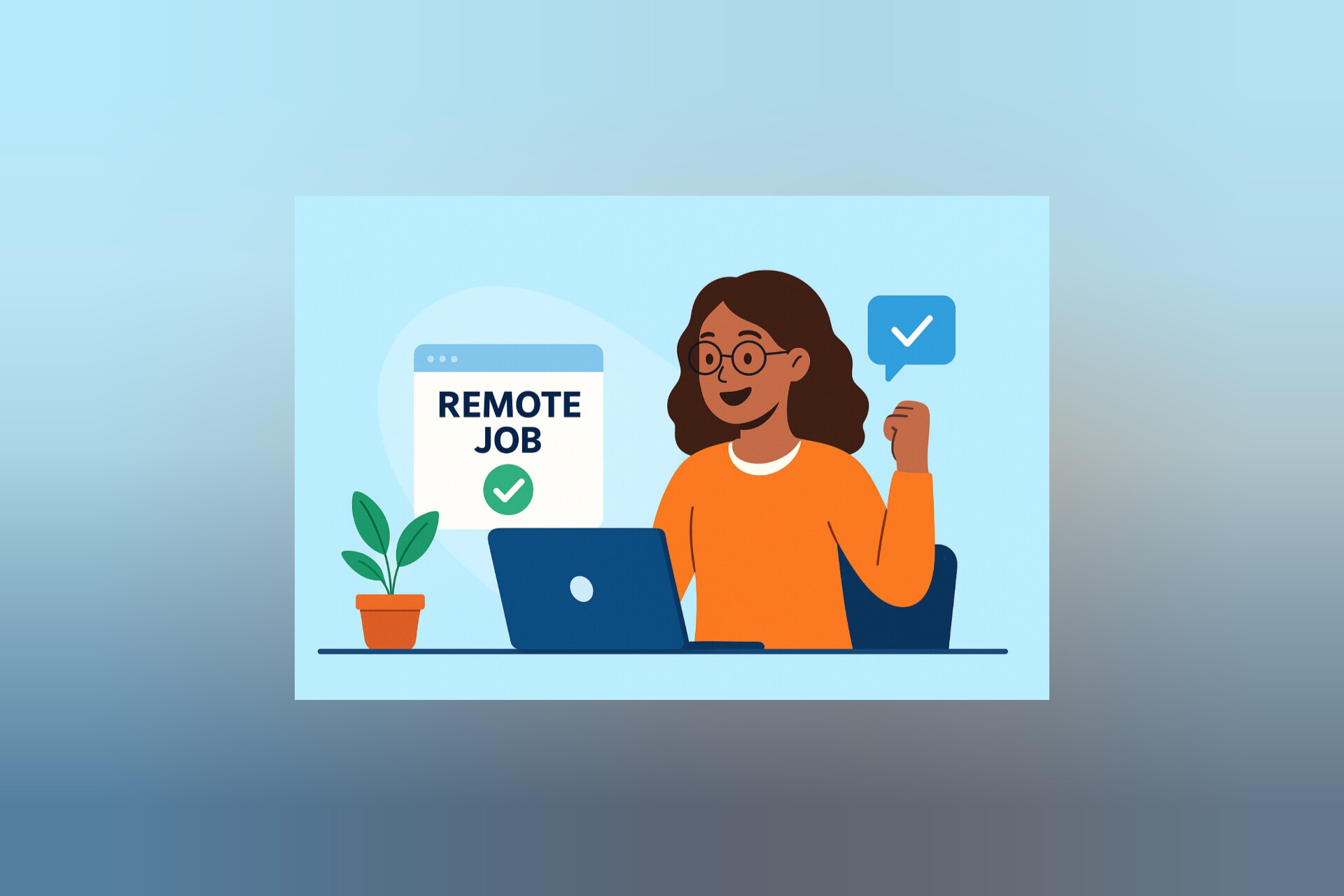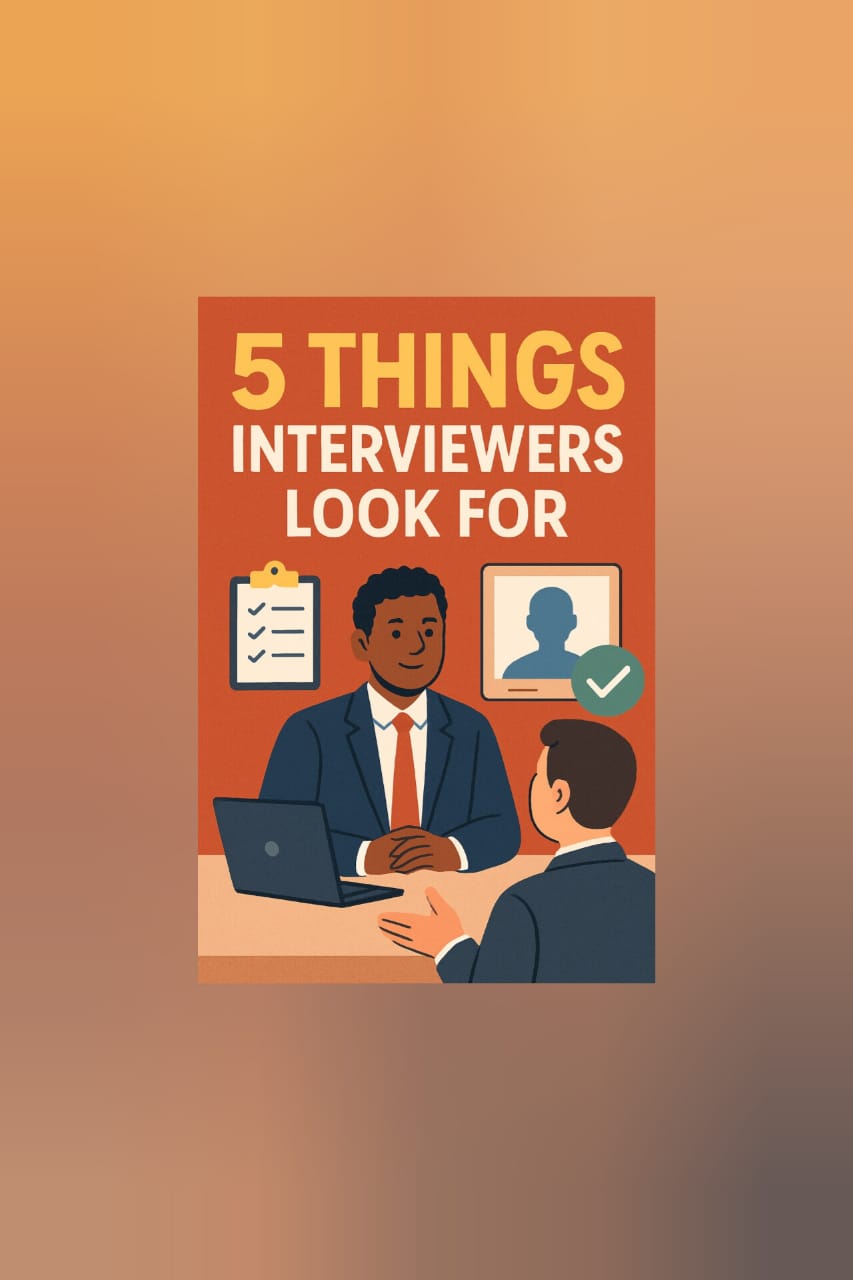
When people talk about moving for better career opportunities in India, two cities always dominate the conversation: Mumbai and Bangalore. Both have strong reputations, both attract ambitious professionals, and both come with their own unique set of challenges and rewards. But the real question is this: if you had to choose between the two, where would your career grow faster and more meaningfully?
Let’s unpack that by looking not just at the surface-level job buzz, but at the deeper factors industries, salaries, work culture, and even the softer things that affect how you feel about your career journey.
What Makes Bangalore Such a Magnet for Tech Talent?
We can’t talk about Bangalore without addressing the obvious: it's India’s Silicon Valley. You hear it everywhere, and honestly, it’s true. The city thrives on technology, startups, and global companies establishing their development hubs. Just look at the kind of openings you’ll find on platforms like Aplus Hub. For example, roles like Senior Software Engineer – Global Payroll at Rippling or QA Automation Engineer with Artium show how much technical expertise the city demands.
If you’re into coding, testing, automation, or product engineering, Bangalore feels like a buffet where the dishes keep changing, but all are delicious. Every second coffee shop here has at least one table with people sketching app ideas on napkins. That’s the vibe you’re constantly surrounded by ambition.
But there’s another side too. With high competition comes high pressure. Startups can pay well, but they can also be unstable. Multinationals bring global exposure, but sometimes the bureaucracy slows down innovation. The trick is figuring out which path suits your career personality better.
Why Do People Still Call Mumbai the Land of Opportunities?
Now, flip the coin and you’ll see Mumbai. This city isn’t about startups in the same way Bangalore is. Mumbai’s power lies in finance, media, entertainment, and an eclectic mix of industries that can surprise you. Think about it if Bangalore is about building tech, Mumbai is about funding it, marketing it, and broadcasting its story to the world.
In practical terms, Mumbai offers roles in investment banking, advertising, journalism, real estate, and yes, technology too, though not at the same scale as Bangalore. For someone who enjoys cross-industry exposure, this city is like standing in a busy marketplace. You hear dozens of career conversations at once, and if you’re smart, you can pick the one that excites you.
Of course, Mumbai comes with its quirks. The commute can drain your energy. Rents can make you wonder if you’re actually earning enough. But the city teaches you resilience, and that’s a life skill no paycheck can replace.
Where Do Salaries Really Stretch Further?
Here’s the tricky part. Bangalore’s tech salaries often look more attractive on paper, especially for roles in global firms. For instance, a job like Senior Software Engineer – IT Product at Rippling could offer perks and stock options that sound irresistible. But when you compare the cost of living, things get murkier.
Bangalore’s housing may be cheaper than Mumbai’s, but other expenses such as transport, dining, lifestyle can pile up quickly. Meanwhile, in Mumbai, even though rents are notorious, the city often provides better public infrastructure in terms of trains, connectivity, and access to diverse services. The net effect? Depending on your lifestyle, you might end up saving almost the same in both cities.
So the better question isn’t just “Who pays more?” but “Where does my money actually feel like money?”
How Does Work Culture Differ Between the Two?
Culture matters more than people admit. You could have the best paycheck, but if the environment feels stifling, you’ll burn out. Bangalore’s work culture leans experimental, with companies encouraging flexibility, remote work, and agile thinking. It’s not uncommon to see teams discussing sprint backlogs over filter coffee instead of boardrooms.
Mumbai, on the other hand, is fast-paced and more hierarchical in many sectors. Banks, media houses, and large corporations often expect face time, discipline, and sharp deadlines. You might feel like you’re constantly racing against the clock, but you also learn how to sharpen your edge.
Which suits you better depends on your personality. If you thrive in structured chaos with room for ideas, Bangalore might fit like a glove. If you prefer discipline with a side of big opportunities, Mumbai could be the right call.
What About Lifestyle and Networking?
Let’s be honest we don’t just work; we live. Bangalore’s climate is legendary. Pleasant weather year-round makes networking events, meetups, and outdoor work sessions enjoyable. The city is dotted with coworking spaces and cafés where you bump into potential collaborators without even trying.
Mumbai, on the other hand, has a buzzing after-work life. From Marine Drive evenings to Bollywood connections, networking here feels less about tech talks and more about people's stories. This is where industries mix. Your neighbor could be a banker, an artist, or a startup founder. Sometimes those chance encounters shape careers more than formal networking events.
Which City Prepares You Better for the Future of Work?
This is where it gets interesting. With remote and hybrid work setups becoming mainstream, location matters less than it did a decade ago. Yet, being in a city that nurtures your field still gives you an edge.
Bangalore will likely stay the heart of India’s tech evolution. Jobs like Senior Software Engineer I, Payex with Flywire point to the global-facing opportunities you can tap into from here. But Mumbai has its own advantage: it forces you to diversify. While Bangalore specializes, Mumbai generalizes, and both approaches are valuable in the future economy.
So Which City Should You Choose?
If you’re passionate about tech, product development, and global exposure, Bangalore’s your natural home. If your interests lean toward finance, media, or industries where relationships matter as much as skill, Mumbai’s the better bet. But don’t forget the third option using platforms like Aplus Hub to scout opportunities in both cities before making the leap.
The real win is not just picking a city but picking a career track that excites you enough to handle the traffic jams, the rent hikes, and the unpredictable days. Because let’s face it every city has its flaws. What makes it worth it is whether you feel like you belong there.
Final Thought
When you think about Mumbai vs. Bangalore, you’re really asking yourself: “Do I want to be part of the engine that builds tomorrow’s tools, or do I want to be part of the ecosystem that powers, funds, and showcases them?” Either way, the opportunities are plenty. You just need to know where your skills and dreams fit best.
Don’t stress about searching every career page or job site. Stay ahead with the latest opportunities from different sources right here!
Related Articles
Scrolling through remote job boards feels like online dating sometimes — too many profiles, not enough real matches. Sure, there are tons of platforms saying they offer “remote roles,” but what do we actually get?
➡️ Low-quality jobs
➡️ Zero clarity
➡️ Ghosted after applying
➡️ And sometimes… scams 😬
Meanwhile, big companies are hiring remotely. Startups are going global. But finding those authentic roles in one place? Almost impossible. Most platforms make the job hunt a hustle — filters, fake postings, and unauthentic results.
Now here’s the plot twist. 🎬✨
Introducing Aplushub — the platform that said, “Enough of the nonsense!”
Aplushub brings 500+ legit remote jobs from trusted brands, remote-first companies, and fast-growing startups. Each opportunity actually leads somewhere.
Whether you’re in tech, marketing, HR, content, or just starting out — this platform gives remote job seekers what they’ve been begging for: authenticity + ease.
Remote work should be freedom, not frustration.
With Aplushub, it finally is. 🚀
Check this out Now- http://www.aplushub.com/
Ever walked out of an interview thinking, “I nailed it!”—only to never hear back? Well, as a consultant who’s seen hundreds of interviews, let me spill the chai: there are 5 things interviewers always notice—consciously or not!
1️⃣ How serious are you?
If you haven’t read about the company or what they’re building, it’s game over. Pro tip: ask a thoughtful question or share a suggestion—it screams I care!
2️⃣ Problem-solving mindset.
When given a situation, the focus isn’t just on getting the answer right—it’s on how you think. Even if you can’t solve it, showing logical “solutioning” wins big points.
3️⃣ Your first impression game.
For in-person interviews: dress right (Don't surpass shoes), How & when you use Hand gestures, how you place your hand & legs, shoulders upright or not, Never compromise on "Smile on a face"- these cover 40% of the decision.
Online? Camera on, audio checked, and wear something that shows effort (no, not your favorite hoodie).
4️⃣ The project connection.
Come prepped with at least one project that aligns with the JD or what the founders are building. That’s their Sweet spot.
5️⃣ The trust trigger—eye contact.
Be confident, look them in the eye (yes, even on Zoom). Confidence builds credibility.
Because remember—you’re not just being interviewed, you’re being observed ! 👀
You've gone through an education system that probably never taught you anything about professionalism, logical deconstruction, and comfort with ambiguity. You may have tremendous bookish knowledge, but lacking these three attributes is an immediate invisible red flag that will stop you from getting the job or the promotion you always wanted.
Let's throw some light on the top-5 common mistakes that highlight your lack of these attributes, and what you should be doing instead
- Showing up late without informing your interviewer/coordinator - there are genuine reasons one could be running late, but that needs to be duly communicated ahead of the planned interaction. Inform every marked on an invite, drop a text or give a call, but keep your stakeholders informed. Their time is as much valuable as yours.
- Turning up unprepared for the interview - if you are turning up unprepared, why is it that you are turning up at all? why waste your and interviewer's time? You are better off declining the opportunity, instead of ruining your reputation unnecessarily. You must invest 1 hour to read about the company, the opportunity, some information in the public domain and so on, if you have chosen to show up for an interview.
- Going silent instead of communicating effectively with your stakeholders - it might come as an insight but everyone knows you would evaluate multiple opportunities before chosing one, everyone knows that your decision might be influenced by your loved ones, and everyone is okay with your being unsure, but nobody likes to be left wondering about what might be happening. So, good, bad or ugly, communicate, communicate and communicate! You'll build more relationships that you ever thought, and you never know, one or more of these relationships may turn gold in the times to come.
- Rambling stuff that does not make sense - let us fill you in on another secret, nobody - not even the most successful individuals can know everything about everything in the world. So, when presented with topics/questions you have no clue about, you got to either draw parallels from what you have expertise on, rationally break down the information you are presented with to come up with simple yet logical answers, or admit you do not know anything about this but can talk about something relevant to the opportunity being discussed in detail.
- Demanding a bomb without a concrete rationale - the whole world is underpaid, friends! who doesn't want more, but that's not how it works. Your next compensation cannot ignore your current and/or previous compensations. If you chose to take a sabbatical, took an opportunity by taking a haircut, or become an entrepreneur that eventually did not work out, you have to make peace with your decision. Nobody else had a say in that! You can definitely demonstrate additional skills/knowledge that you acquired during this period (that surely has a value), but that value isn't the only figure on which your next compensation will be decided on. So, learn about the market standards and try to limit your ask within the broadly acceptable range.




